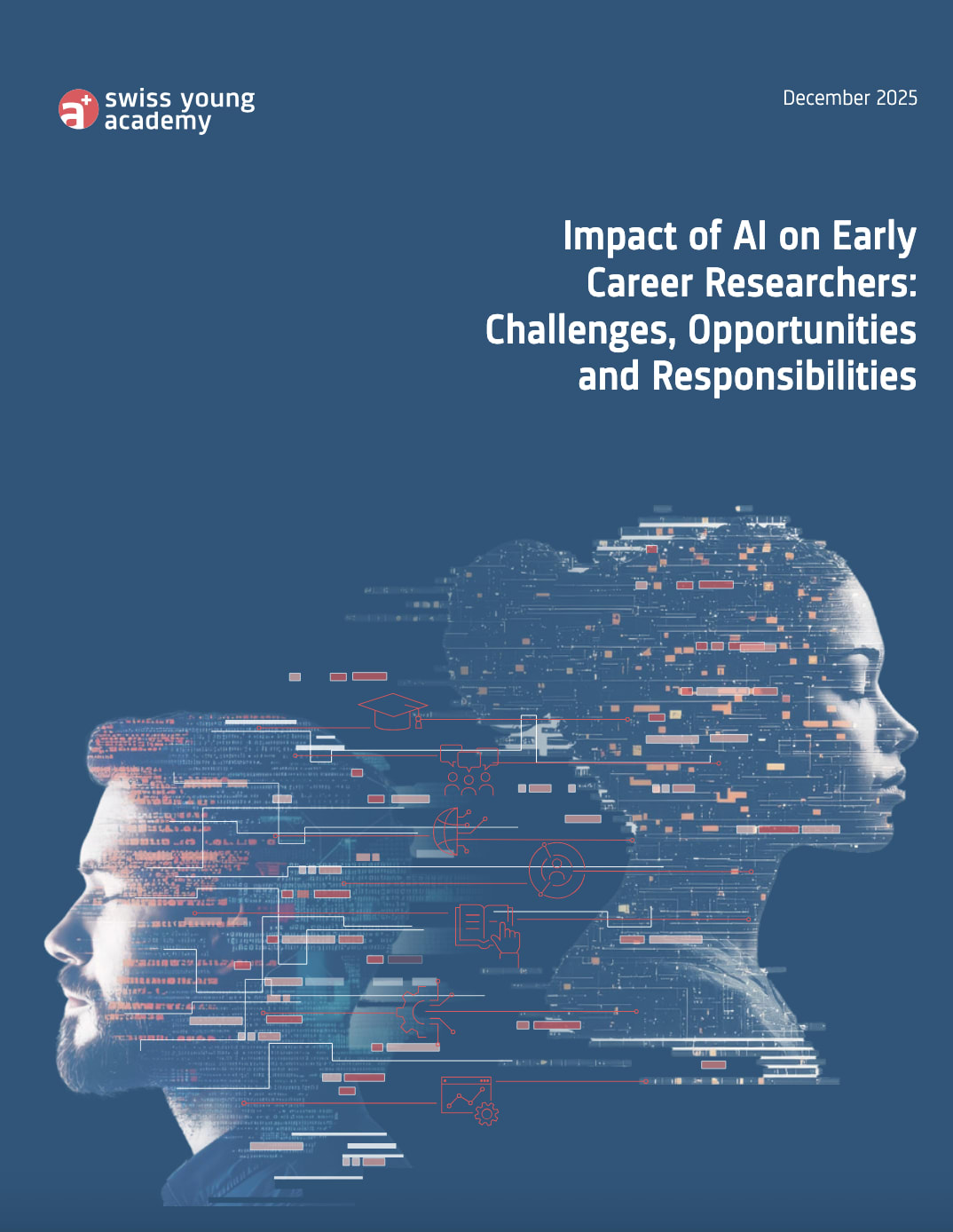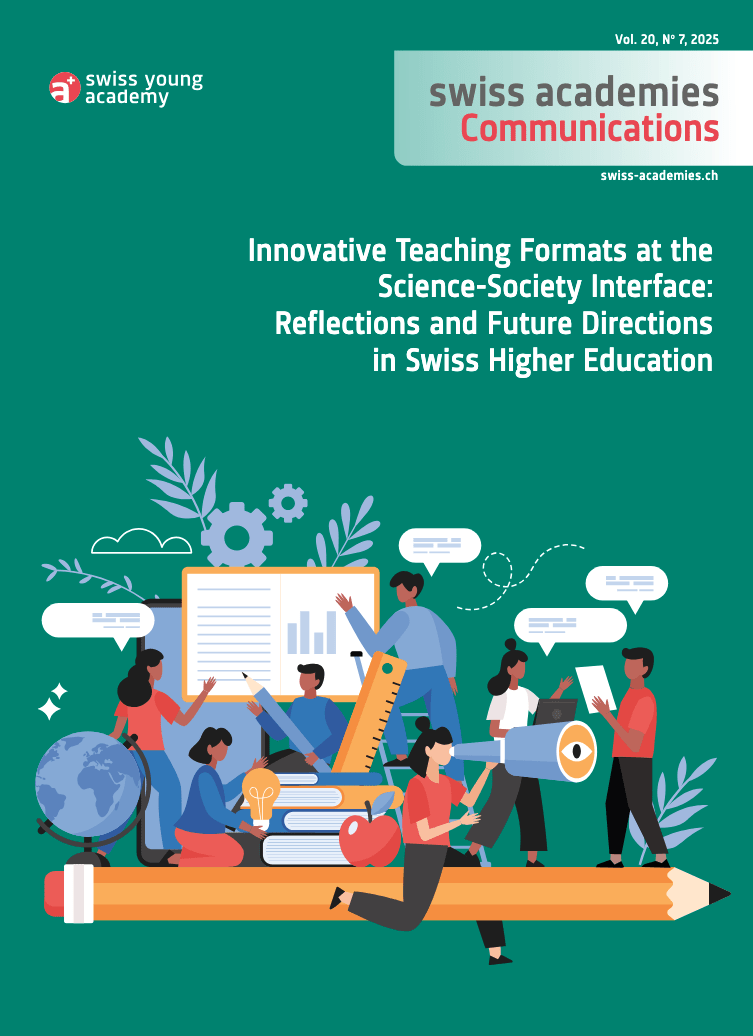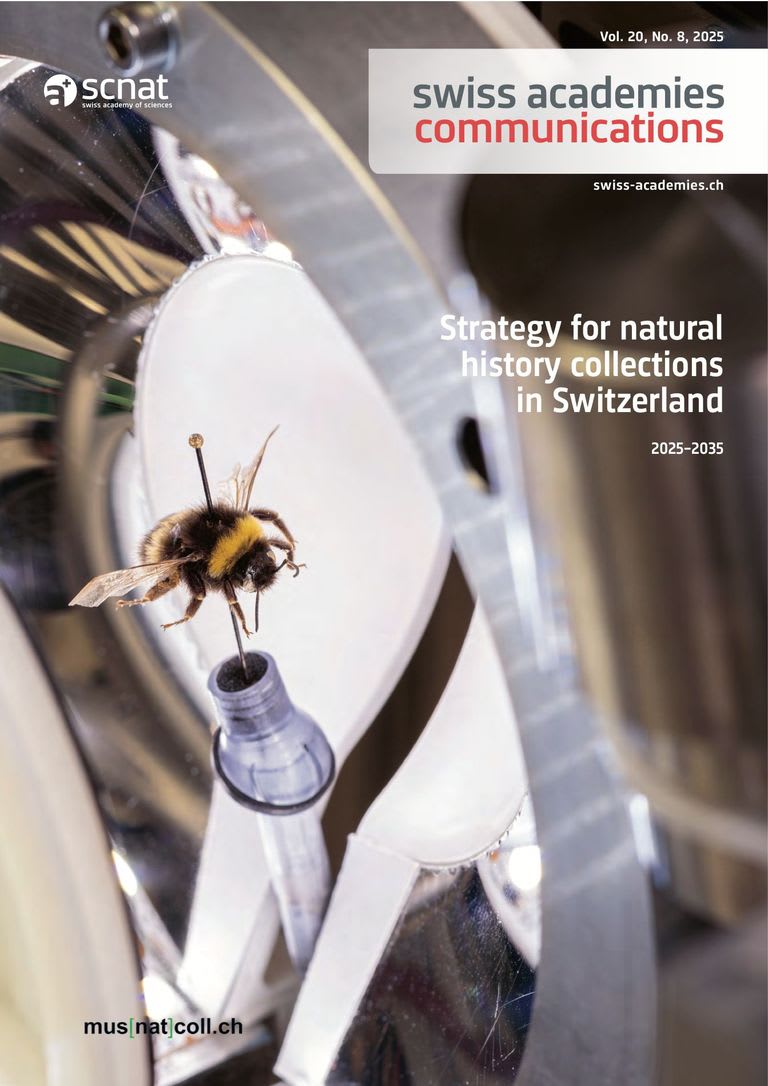Swiss Academies of Arts and Sciences a+
Swiss Energy System 2050: Pathways to Net Zero CO2 and Security of Supply
This report aims at assessing pathways and formulating recommendations for the transformation of the Swiss energy system necessary to achieve the net zero greenhouse gas (GHG) emission target by 2050 (BFE 2017a) set by the Federal Council taking into account the Paris climate agreement. We examine the role and impact of the national energy system, define the main future challenges and formulate a holistic strategy to address them.
Basic report
Boulouchos K, Neu U et al. (2022)
Swiss Energy System 2050: Pathways to Net Zero CO2 and Security of Supply. Basic report. Swiss Academies Reports 17 (3)
DOI: doi.org/10.5281/zenodo.6967084
Synopsis (in German)
Boulouchos K, Neu U et al. (2022)
Schweizer Energiesystem 2050: Wege zu netto null CO2 und Versorgungssicherheit. Kurzfassung. Swiss Academies Reports 17 (3)




